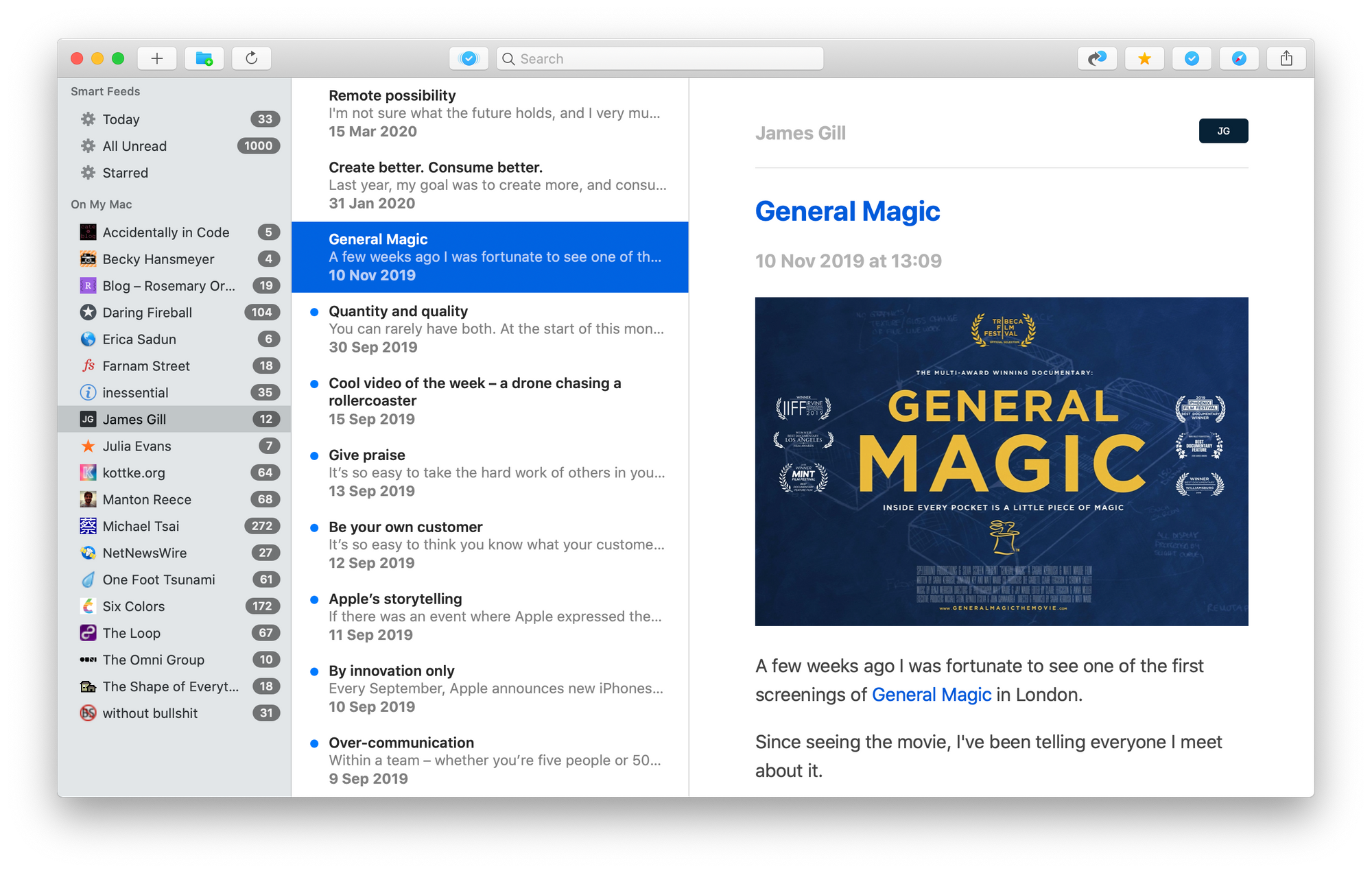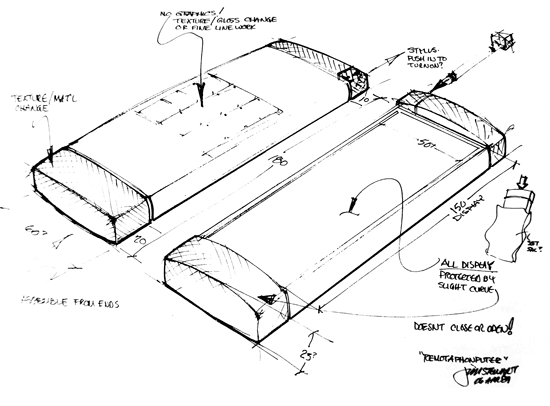Every so often, I feel at a loss when trying to figure out what to write about.
I frequently feel uninspired and lacking in ideas, so I will go weeks, possibly months without writing.
But there’s a great source of material I haven’t turned to enough: questions.
Whenever I speak at an event, or meet another founder, or really, anyone, I’m usually thrown a question of some sort.
I’ve started to note these questions down, as they’re the perfect starting point for topics to write about.
I’ve found that writing answers to questions I’ve been asked has three valuable advantages:
1. Writing addresses my frustration
If I had more time, I’d have written a shorter letter. — Blaise Pascal
When I’m asked a question, typically I must think on my feet.
Occasionally, that works OK. But sometimes, about 2 minutes after I’ve answered the question, I’ll realise I had something better to say on the topic.
There’s no rewind, or “edit” button for live conversation.
It can be incredibly frustrating!
By retrospectively writing an answer to questions I’m asked, I can address my frustration by giving a better answer.
I find writing to be a fantastic way to clarify my thoughts.
It forces me to consider something on a deeper level. The act of writing can crystallise a topic for me.
It’s correlated to the way I like to learn: if I must teach someone about something, it will absolutely force me to learn more about that thing.
I’ve often found that teaching others is the best way to teach myself, but it always feels like cheating!
3. Writing multiplies my impact
I’d like to think another benefit of turning these questions into written articles shared here, is that I can be more helpful to you, the reader of this blog.
When I have a chat with a friend, or when I am fortunate enough to speak at an event, I often think “gosh I wish that was recorded, the conversation could have been very helpful for more people.”
A wonderful thing about writing is it tends to last a lot longer than audio or video. It’s easier to find via search, and can more easily be edited to bring it up to date.
Some questions I have written answers to
Some questions I need to write answers to
- Why are you building an email marketing tool, when it’s one of the most crowded markets you could possibly enter?
- What’s driving you after so many years to keep doing GoSquared?
- How have your values influenced your decisions and lifestyle recently?
- What advice do you have for someone starting out on their own startup journey?
Do you have a question for me? Please


